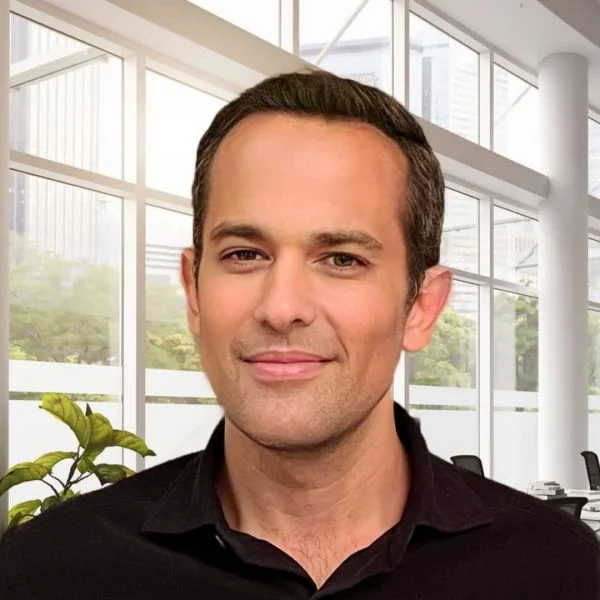
When we think about the relationship between agriculture and health, the obvious link is nutrition. By definition, nutrition is the process of providing or obtaining the food necessary for proper health and growth. Access to affordable, nutritious food sits at the very foundation of our hierarchy of needs. A healthy society is simply not possible without sufficient nourishment as demonstrated by the fact that malnutrition is the leading cause of death and disability worldwide.
While nutrition is certainly fundamental, agriculture’s role in health goes beyond nutrition. Agriculture is deeply linked to the health and sustainment of humanity. Agriculture employs more than a quarter of the global workforce and is the backbone of rural economies. Sustainable farm practices ensure healthy ecosystems and environments, and an improved climate, both vital for human health.
A healthy future for our planet requires a thriving agriculture industry. However, agriculture is approaching a concerning tipping point as it is under increasing pressure from a convergence of geopolitical events, unprecedented weather dynamics, supply chain challenges, and inflation, positioning the world for its most severe food crisis in recent history, resulting in devastating consequences for global health.
A healthy future for our planet requires a thriving agriculture industry.
The Food and Agriculture Organization of the United Nations estimates that 2.4 billion people—more than 30 percent of our global population—face moderate or severe food insecurity right now. That will likely intensify as we grow from 8 billion people today to 10 billion by 2050. We will need to feed, clothe, and fuel almost 2 billion more people than we do today. At the same time, we also have a decelerating rate of arable land. To put that in perspective, farmers will need to produce more in the next generation than they have over the past 10,000 years, and produce more food on a per capita basis, to avoid dire consequences for the health of humanity.
The world’s farmers are up to the challenge, but they cannot do it alone. They need our support, and that starts with greater understanding of how growers produce food, and the relationship between agriculture and health. Farmers face a tremendous amount of uncertainty, and with fewer people connected to agriculture than ever before in human history, it has resulted in risks to farmers’ ability to safely and sustainably feed and nourish our growing planet, and the livelihoods of more than a quarter of our global population.
At Nutrien, when facing a challenge, we lean into the power of science, information, and data to inform our approach. Earlier this year, we conducted research to better understand the perception risks farmers face due to misinformation about farming practices, and what we found has the potential to impact global health. Bridging the Agriculture Perception Divide, a study by Nutrien found vast differences in opinion on how our food system works to provide the essentials of life, indicating a lack of understanding of modern farming and the land stewardship inherent to agriculture. While there is clearly more education required, encouragingly, farmers and the public agree that agriculture is the most important industry, over health care, technology, and waste management, when it comes to building a sustainable future. The research also found that people are eager for understanding and want to know more about agriculture and how food is produced.
To help bridge the perception divide and earn farmers the support they need, we are asking for collaboration across the food system, and beyond. We will need cross-sectoral partnerships that bring together key stakeholders, leveraging expertise from academics, policymakers, the private sector, but, most importantly, farmers, in the hope of transforming global agriculture for a sustainable, food-secure future—and for the health of humanity.
Agriculture is not just about growing crops or raising livestock—it is about nourishing populations and ensuring all of our physical and economic well-being, while protecting our planet to sustain future generations. The adage that food is medicine could not be more accurate. While more food production is necessary to nourish a growing population, it must be done in a sustainable way that promotes food security, climate, and human health. At Nutrien, we don’t see these as competing priorities, rather, as harmonious opportunities for positive change. As we continue to face global challenges, recognizing the profound relationship between agriculture and health becomes increasingly crucial to bring more people a healthier and sustainable future.















